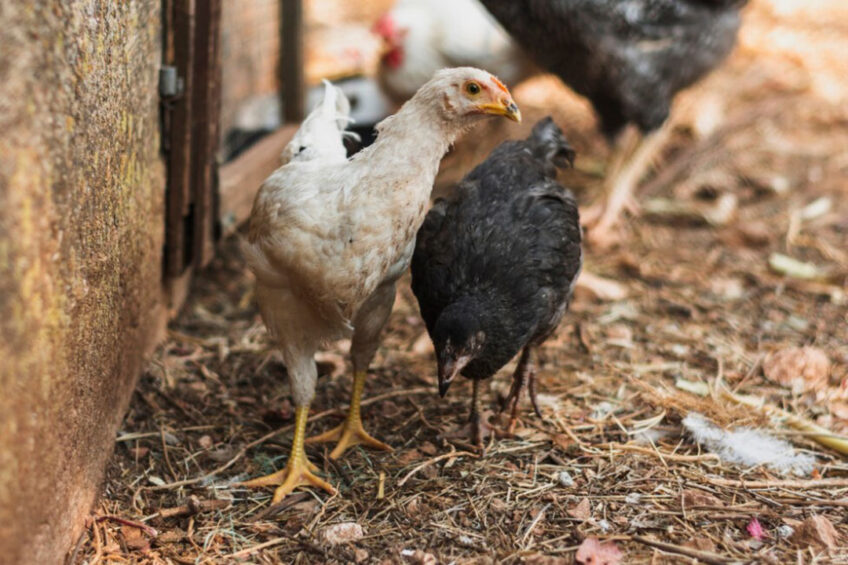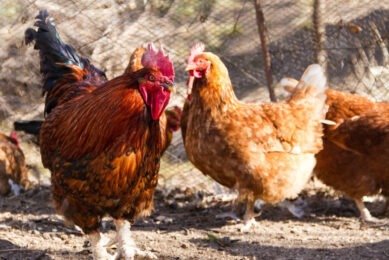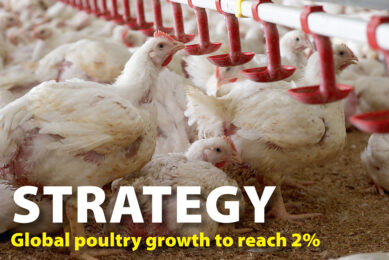Ghana announces policy to restrict poultry imports

Following a national address by President Akufo-Addo where he outlined steps to be taken to revitalise the Ghanaian economy, the Bank of Ghana has withdrawn foreign exchange support to customers for the importation of poultry and other goods now classified as “non-critical”.
This policy came into effect on 17 November, and it is anticipated will remain in place until May 2023. Besides poultry, other goods affected by this action include rice, vegetable oils, pasta, fruit juice, and bottled water.
Ghana’s currency, the cedi, has decreased in value by more than 40% in 2022. Furthermore, foreign exchange reserves are rapidly depleting with inflation over 37%, and Ghana’s ability to service its loans and pay government obligations is under severe pressure. The Bank of Ghana expects this action to reduce the high demand for US dollars and other major trading currencies and slow the depreciation of the cedi. The central bank also hopes this will encourage domestic production and consumption of import substitutes. It noted that importers of poultry and the listed items are not being stopped from importing, but the Bank of Ghana will not fund their importation.
“We must, as a matter of urgent national security, reduce our dependence on imported goods, and enhance our self-reliance,” said the president during his address, adding that while the country believes in free trade, Ghana must “work to ensure that the majority of goods in our shops and marketplaces are those we produce and grow here in Ghana. That is why we have to support our farmers and domestic industries.”
“…resounding public outcry”
Members of the Food and Beverage Association of Ghana and the Importers and Exporters Association of Ghana foresee a difficult food security situation in the first quarter of 2023 should this policy of not funding imports of poultry and rice persist as planned until May 2023, notes a UDA report. However, the associations are confident that “the resounding public outcry about further price increases” will cause a retraction of this policy.
US poultry meat exports record
US poultry meat and product exports hit a record high of US$92.6 million in 2021 when the poultry meat market share of the US was 20% following. In 2021, the Netherlands dominated market share (22%), followed by Poland (19%), Belgium (10%) and Brazil (9%).












